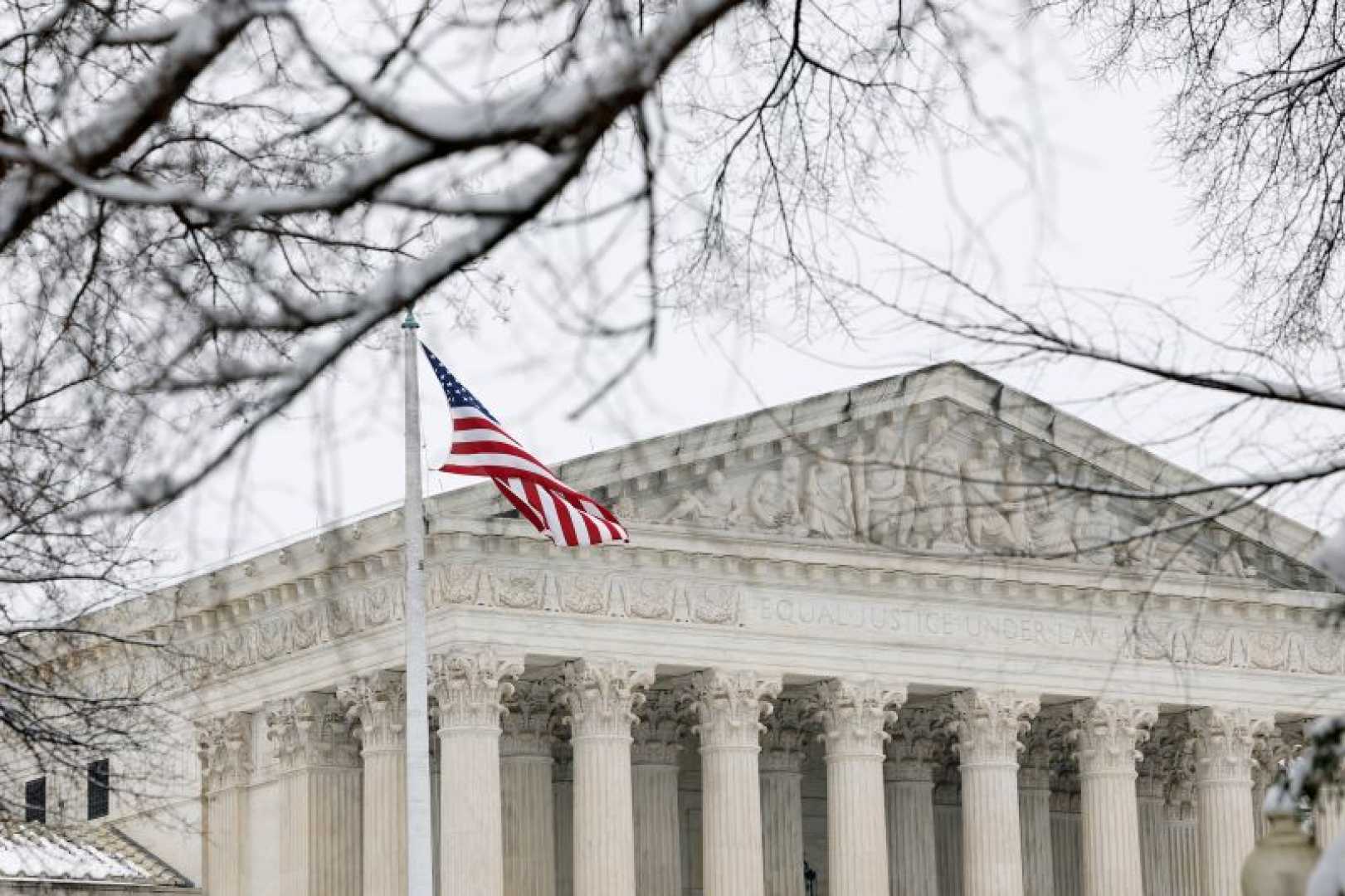Politics
Trump Appeals Supreme Court Ruling on Ethics Watchdog Dismissal

WASHINGTON, D.C. — President Donald Trump plans to challenge a recent ruling by the U.S. Court of Appeals that temporarily blocks his dismissal of Hampton Dellinger, the head of the Office of Special Counsel (OSC). Trump’s administration claims the decision represents an overreach of judicial authority into executive power.
The appeal marks the first significant case from Trump’s second term to reach the Supreme Court, highlighting ongoing tensions between the executive and judicial branches. Dellinger was fired by Trump despite existing legal protections that require a valid cause for dismissal before the completion of a five-year term.
On Saturday, the U.S. Circuit Court of Appeals for the D.C. Circuit upheld a lower court’s decision, which had granted a temporary restraining order allowing Dellinger to remain in his position. The circuit court noted that reviewing such an order would conflict with established legal precedents and could create undesirable precedents for the judicial system.
The Justice Department reacted strongly, describing the lower court’s ruling as an “unprecedented assault on the separation of powers.” The department’s appeal argues that no American court has historically mandated a president to retain an agency head whom he has dismissed, further asserting the president’s authority to appoint and remove executive personnel.
“Until now, as far as we are aware, no court in American history has wielded an injunction to force the president to retain an agency head whom the president believes should not be entrusted with executive power,” the administration contends in its legal filing.
The case also arrives against a backdrop of multiple legal challenges concerning Trump’s authority to fire officials, particularly those leading independent agencies, which typically enjoy protections against arbitrary dismissal. Dellinger’s ongoing lawsuit aligns with at least two other legal actions initiated by former officials terminated by Trump.
“I can and am continuing with my work as Special Counsel, and I am grateful for the opportunity to do so,” Dellinger said in a statement following the court’s decision.
The legislative history surrounding the OSC, which deals with accusations of whistleblower retaliation, underscores its significance as an independent agency created by Congress. Legal scholars point to a 1935 Supreme Court ruling in Humphrey’s Executor v. United States, which affirmed Congress’s ability to impose for-cause protections for officials of independent federal agencies. However, conservative justices have recently expressed discomfort with this precedent, which could influence the Supreme Court’s eventual ruling in Trump’s appeal.
The D.C. Circuit’s decision was reached by a 2-1 vote. Two judges appointed by President Joe Biden favored maintaining the lower court’s ruling, while Judge Gregory Katsas, a Trump appointee, dissented, saying the order warranted immediate appellate review.
As the case continues to unfold, analysts suggest that it could shed light on the Supreme Court’s views regarding presidential powers, perhaps even anticipating future doctrines that affect the independence of regulatory agencies.
Legal experts predict that even if the Supreme Court dismisses the Trump administration’s appeal at this juncture, it is likely to revisit the issue in the coming months, potentially providing critical insights into its interpretation of executive authority.












